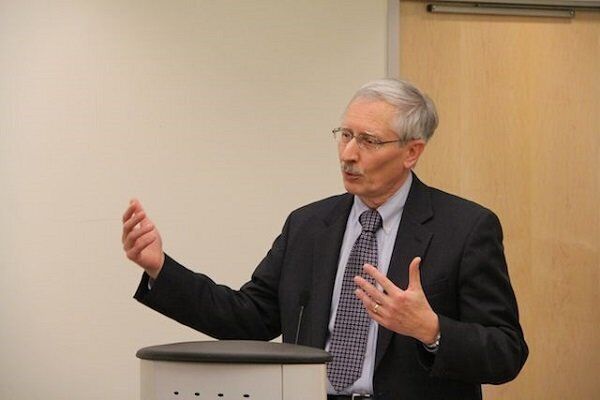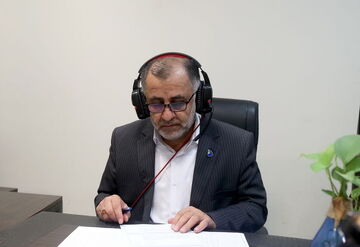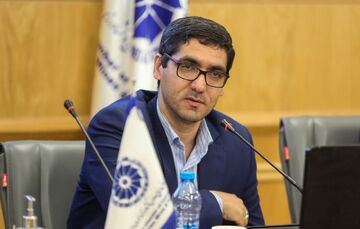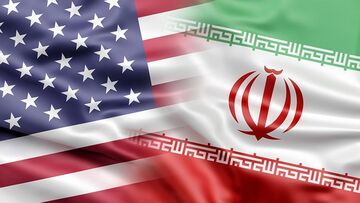TEHRAN(Bazaar): Richard Kauzlarich, former US Ambassador to the Republic of Azerbaijan, is not optimistic about the outcome of the Vienna talks because of the complexities ahead and the need for the parties to return to full compliance with the UN Security Council.
Following is the text of the Bazaar interview with Richard Kauzlarich:
Bazaar: Ali Bagheri Kani, Iran's Deputy Foreign Minister for Political Affairs said Wednesday that the Vienna talks with the aim of removal of the US sanctions will start on November 29. What is your assessment of this?
Kauzlarich: I believe it is good news that the talks will begin again. I don’t think the objective can be to remove sanctions until Iran rolls back its measures to enhance its nuclear program. In other words, Iran must return to compliance with the JCPOA.
Bazaar: President Ebrahim Raeisi said that "As Iran has announced before, we will not leave the negotiating table," adding that Iran wants result-oriented negotiations to remove oppressive US sanctions. Do you think that the result that Iran is seeking will be achieved in the negotiations?
Kauzlarich: I don’t see how Iran can achieve its objective – removing the US sanctions – unless and until it returns to full compliance with the JCPOA.
Bazaar: Mikhail Ulyanov, Russia Permanent Representative for Vienna-based International Organizations said that all participants in the negotiations for the resumption of the implementation of the JCPOA call for a result-oriented dialogue. He told cautiously optimistic about the outlook for the next round of Vienna talks. His words seem to be a response to Ebrahim Raisi. What is your assessment of Russia's recent position? Ulyanov has been sharply critical of Iran for the delay in the Vienna talks in recent month.
Kauzlarich: I have no insights on the Russian position or the apparent changes you note. It will be necessary for the members of the JCPOA to agree that the objective of these talks must be achieving mutual compliance with the JCPOA.
Bazaar: Republicans in U.S. Congress announced that as soon as the Republican Party regains a majority in Congress, it will immediately rescind any agreement between the Biden administration and the Islamic Republic of Iran. According to the Washington Free Beacon, the Republican MPs said their clear message to the Islamic Republic of Iran was: “Joe Biden does not have the authority to promise the permanent lifting of sanctions of Iran.” Based on this, how does the Biden government want to guarantee the stability of the JCPOA?
Kauzlarich: There are different views about Iran and JCPOA in the US. These differences are well known. I understand that there are different views in Iran about the same questions. The delay in resuming these talks from the Iranian side has not reassured the critics of Iran in the US. It also suggests difficulties within Iran over the Iranian position in these talks.
Bazaar: Given the recent developments, what is your prediction for the future of the JCPOA?
Kauzlarich: I’m not good at predicting the future, especially as this relates to the complex negotiations that lie ahead to achieve Iran’s return to a position consistent with the JCPOA and allows unimpeded work of the IAEA. The US and Iran have said they want practical outcomes from these talks. For that to happen, these talks must address the remaining gaps from the sixth round of negotiations, leading to mutual compliance with the JCPOA.















نظر شما